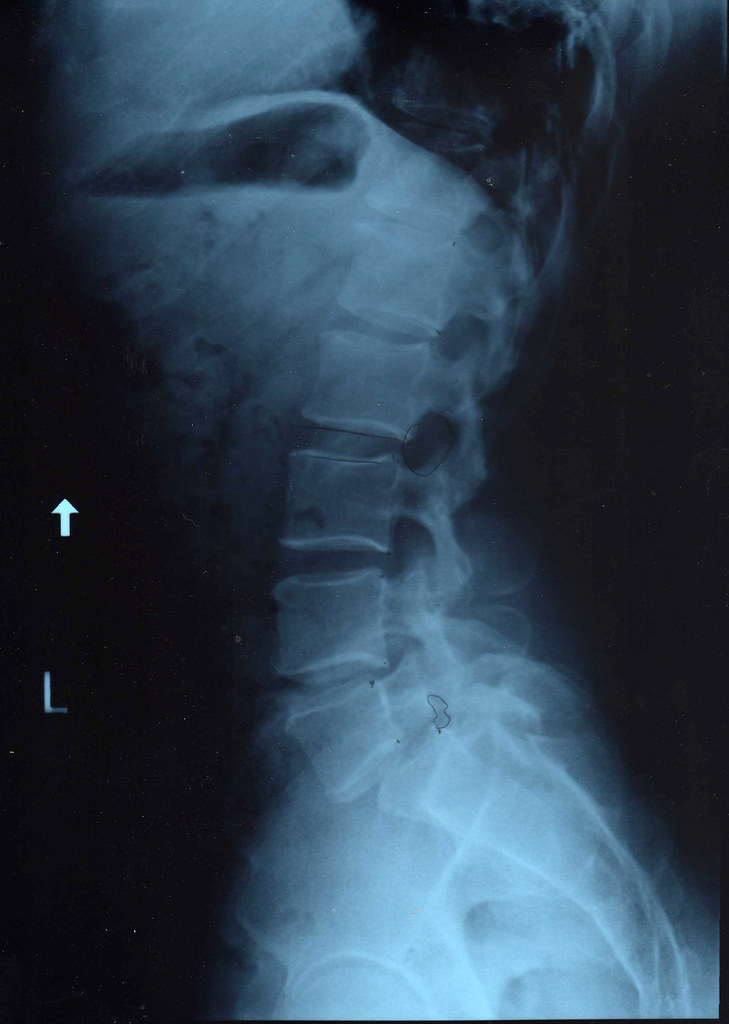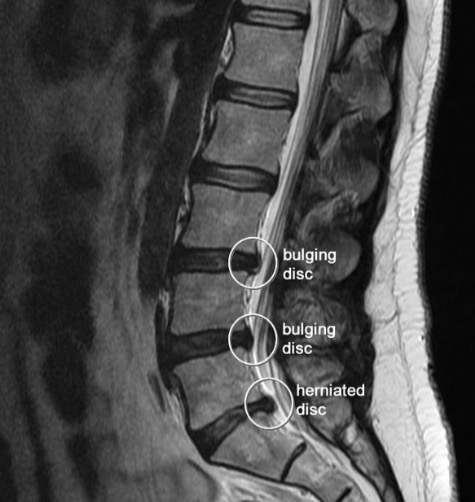

We treat spine injuries and conditions in our Spine, Pain Management, General Medicine, Orthopedics, and Physical Therapy departments.Ī single excessive strain, trauma, or acute injury can cause a herniated disc.

The area in which pain is experienced, and extremity affected by radicular symptoms, depends on what part of the spine is affected.Īt Aptiva Health, we offer same-day and walk-in appointments for spine injuries and conditions to evaluate, diagnose, and make the appropriate referral for additional treatment based upon your specific spine injury or condition. Herniated discs are more common in the lower back (lumbar spine), but also occur in the neck (cervical spine). Herniated discs can occur in any part of the spine. Due to this displacement, the disc presses on spinal nerves, often producing pain, which may be severe and typically radiates down the extremity associated with the compressed nerve. The spinal canal has limited space, which is inadequate for the spinal nerve and the displaced herniated disc fragment. Discs that become herniated usually are in an early stage of degeneration.

Located between each of the vertebra in the spinal column, discs act as shock absorbers for the spinal bones.Ī herniated disc (also called bulged, slipped or ruptured dependent upon the level of herniation) is a fragment of the disc nucleus that is pushed out of the annulus, into the spinal canal through a tear or rupture in the annulus. These discs are round, like gel pillows, with a tough, outer layer (annulus) that surrounds the nucleus. The bones (vertebrae) that form the spine in the back are cushioned by discs.


 0 kommentar(er)
0 kommentar(er)
